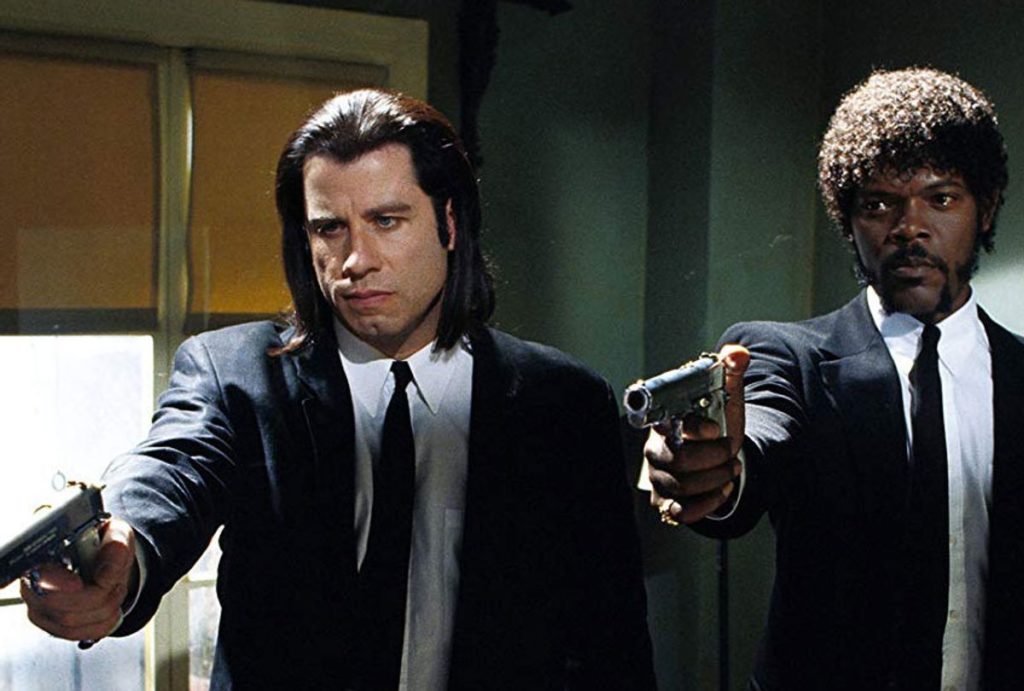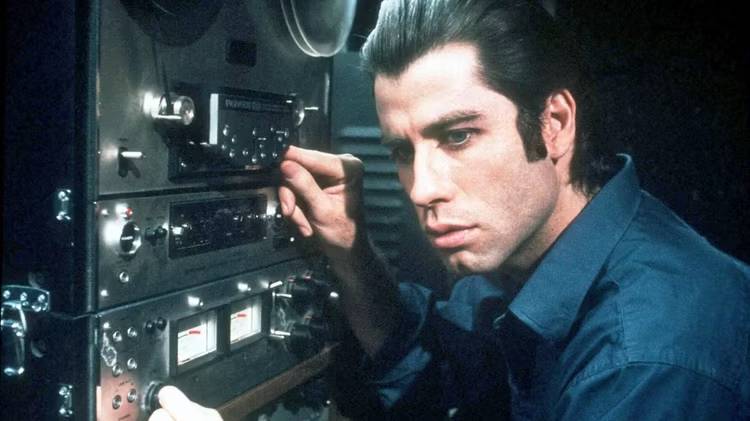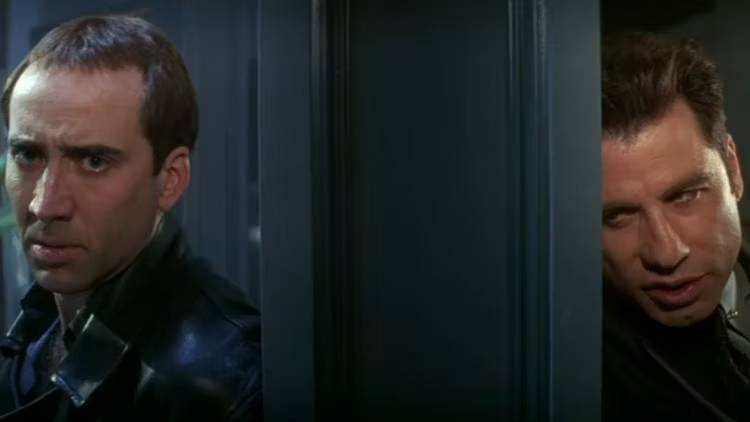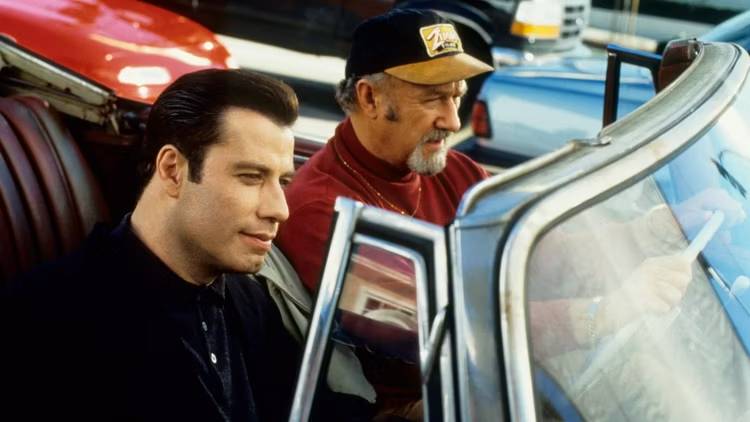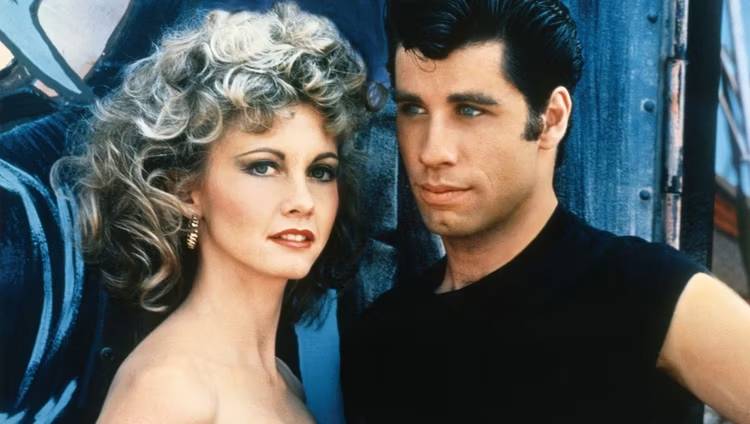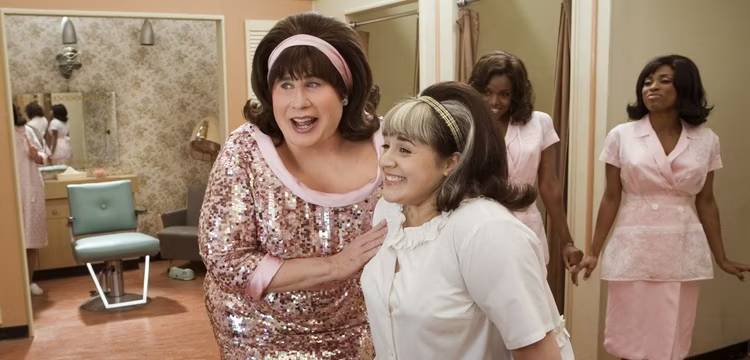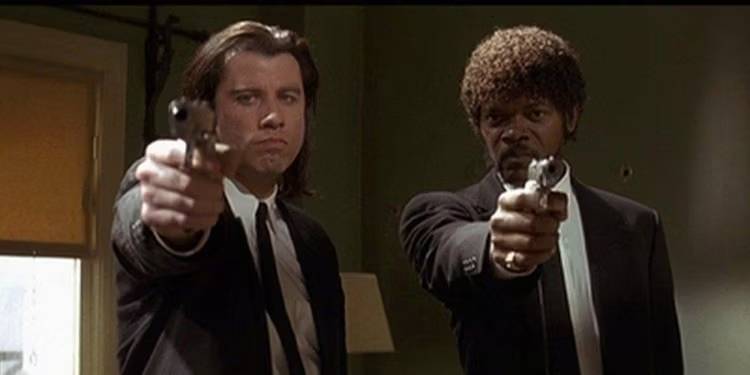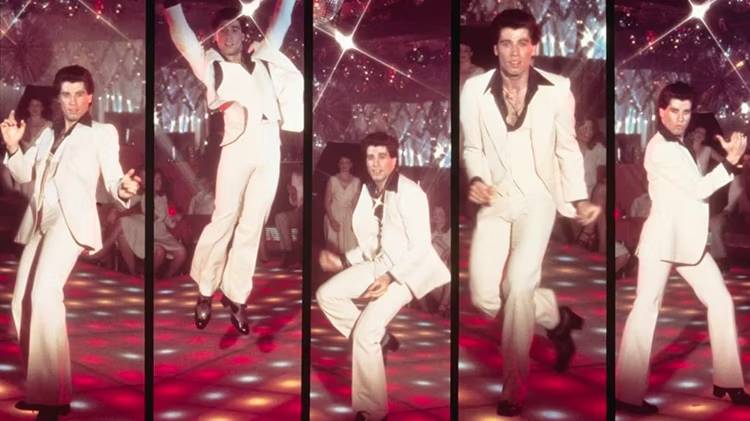On and off the screen, John Travolta is undoubtedly one of Hollywood’s most fascinating actors. He’s an outspoken Scientologist who is also a licenced pilot. He’s been behind some of the business’s most infamous box office flops, but he’s also starred in some of its most revered and enduring movies.
In the late 1970s, Travolta was at the peak of his game, but by the mid-80s, his performances were marred by some regrettable box office failures and bad role selections, which tragically failed to highlight his skill. When Quentin Tarantino considered him for the character of Vincent Vega in the genre-defying, all-time masterpiece Pulp Fiction, his professional direction was altered. Here, Travolta reclaimed his star status, and Pulp Fiction’s critical and economic success sparked a career revival for him in the 1990s.
But as of late, his career seems to be faltering once more. His productivity has been less than stellar, with the majority of his films receiving universal acclaim and being released immediately on streaming services. But if history is any indication, it would be folly to write off Travolta just yet because the king of comebacks is always a possibility of rediscovering his mojo. Here is a list of John Travolta’s top films you can watch many many times:
Blow Out (1981)
Travolta, who is still riding high off the success of the blockbuster movies Grease and Saturday Night Fever, somewhat defied expectations by choosing to collaborate with legendary director Brian De Palma for his upcoming role. At the time, De Palma was renowned for producing films that were extremely provocative, such as the sensual slasher Dressed to Kill and the now-iconic supernatural blood fest Carrie. In the film Blow Out, Travolta plays Jack Terry, a Philadelphia-based sound effects technician who accidentally records audio from an assassination involving a prominent political person while recording sounds for a low-budget slasher movie. A novel idea that led to the creation of a film that became one of Quentin Tarantino’s all-time favourites and a critical sensation. Despite the positive reviews, the film did poorly at the box office, which was most likely caused by Travolta’s abrupt change of tone and the depressing conclusion.
Face/Off (1997)
Face/Off is essentially the story of an FBI agent (John Travolta) impersonating a criminal mastermind (Nicolas Cage) through facial transplant surgery in order to thwart a terrorist plot. However, things go wrong when the criminal wakes up early and employs the same method to pass himself off as the agent. This John Woo-directed action thriller is a thrilling ride with some of the best stylised action sequences ever put on screen, even though it does leave itself up to a tonne of story flaws. Given that Travolta plays Nic Cage’s (a notoriously unstable actor) character for the majority of the film, this is undoubtedly one of the actor’s most irrational and scenery-chewing performances to date.
Get Shorty (1995)
After the 1994 success of Tarantino’s Pulp Fiction (which also starred Travolta), a flurry of pulpy gangster movies started to appear out of nowhere. Most were essentially imitators looking to capitalise on the success of Pulp Fiction. There were a few standouts among these imitators that, while drawing inspiration from Pulp Fiction’s darkly comic, dialogue-heavy, multi-stranded, and ultra-violent tone, added something new. One of these was Get Shorty, which delivered the ideal balance of comedy and thriller while being fiercely satirical. It was released in 1995, one year after Pulp Fiction, and features Gene Hackman, Danny DeVito, and John Travolta as well. The story revolves around Chili Palmer (Travolta), a Miami loan shark and mobster who travels to Los Angeles to collect a casino debt from a B-movie director and unintentionally gets embroiled in feature picture production. Like Hairspray, Travolta wasn’t necessarily everyone’s first option; according to rumours, the roles of Chili Palmer were offered to Warren Beatty, Dustin Hoffman, and Michael Keaton, who all declined them. Having said that, Travolta is in fine form in this movie, displaying his signature cool in the way only he can while also showing his comedic prowess when the situation calls for it.
Grease (1978)
If Saturday Night Fever demonstrated to the world John Travolta’s ability to perform in musicals, Grease established him as the king of musicals by becoming the highest-grossing musical movie of all time at the time. The story, which takes place in the 1950s, centres on ‘greaser’ Danny Zuko (John Travolta) and Australian transfer student Sandy Olsson (Olivia Newton John), who fall in love over the summer. Due to their dissimilar peer groups and backgrounds in high school, their relationship becomes more difficult to manage. The movie is still the ideal illustration of how to bring a Broadway musical to life on the big screen without losing any of the excitement and magic one expects from a live performance, despite a few problematic moments that don’t hold up so well today (take note, Cats). Similar to Saturday Night Fever, it focuses on a number of vital topics that are still relevant today, such as teenage pregnancy, peer pressure, and gang violence, despite the cheesy (but incredibly popular) soundtrack and the campy costumes.
Hairspray (2007)
This musical love comedy from 2007 is a wonderful summertime movie with lots of heart. The 1988 comedy film of the same name by John Waters served as the inspiration for the 2002 Broadway musical Hairspray. It follows Tracy Turnblad, a “pleasantly overweight” adolescent girl who finds fame as a dancer on a regional television dance show and participates in protests against racial segregation. Tracy’s mother, Edna Turnblad, is portrayed by John Travolta and is obese and agoraphobic. Travolta’s choice to play Edna continued the custom of having a guy in drag play the role, as was done in both the 1988 original, which starred drag queen Devine, and the Broadway adaptation of Hairspray. According to rumours, the film’s producers had originally envisioned an actor better known for his comedic appearances, such Steve Martin or Robin Williams, taking the role. Producers Craig Zadan and Neil Meron lobbied for Travolta due to his popularity in the musical Grease and their belief in his flexibility, and the rest is history. It is difficult to think of another actor playing this larger-than-life persona as successfully as Travolta did.
Pulp Fiction (1994)
For good reason, Pulp Fiction is recognised as one of the best films of all time. Almost every aspect of the film is flawless, from the snappy dialogue full of pop culture allusions that movie fans still repeat over 25 years later to the twisty-turny non-linear intertwining stories and the ironic blending of humour and intense violence. Although the writer/director is largely responsible for this and his original vision, one of the best casts ever put together is essential to its success. The likes of Bruce Willis, Christopher Walken, Samuel L. Jackson, Harvey Keitel, Uma Thurman, Ving Rhames, Tim Roth, and John Travolta all put on outstanding performances for the audience. Particularly Travolta and Samuel L. Jackson have received plaudits for their superbly cool depictions of two cool-headed hitmen who commit mass murder.
Saturday Night Fever (1977)
Saturday Night Fever, the film that turned John Travolta into one of the biggest stars on the planet, was a phenomenon. It was not only a huge critical and business success, but it also brought disco music back into the spotlight and made it popular all over the world (which could be considered a good or a bad thing, depending on where you stand regarding the genre). Almost everything about the movie has become recognisable, including the dance moves, the Bee-Gees-driven soundtrack, and the wildly extravagant clothing. The film itself is a deftly told dark depiction of working-class life in 1970s USA that addresses a variety of sensitive subjects, such as drugs, religion, poverty, suicide, sexual assault, and racism. This is true even of the cheesy soundtrack and the frilly clothes.

